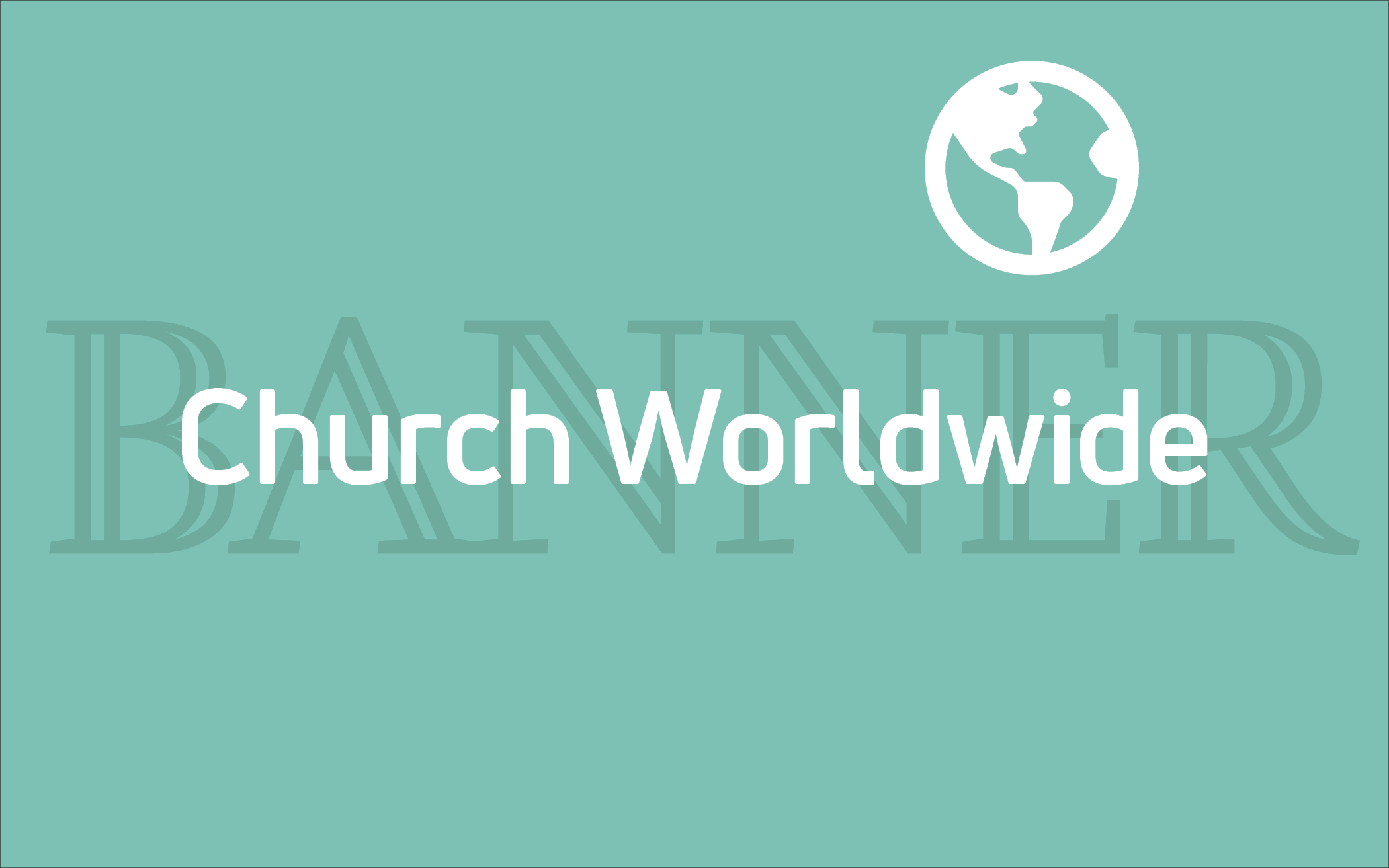The Banner has a subscription with the Associated Press to republish religion and faith content from AP, RNS, and The Conversation. This story from Religion News Service has been edited for length and a paragraph quoting a statement from Dordt University has been added. You can read the original story here.
Late last month 33 LGBTQ students or former students at religious colleges and universities that receive U.S. federal funding filed a class-action lawsuit against the U.S. Department of Education. In it, they claim the department’s religious exemption allows schools that receive federal dollars to unconstitutionally discriminate against LGBTQ students.
Filed by the nonprofit Religious Exemption Accountability Project, the suit recounts instances of LGBTQ discrimination at 26 colleges and universities, including Protestant, Latter-day Saint, and Seventh-day Adventist schools.
In addition to harassment from fellow students and administrators, LGBTQ students allege they were forced to attend conversion therapy, prohibited from dating people of the same sex, disciplined for social media posts, denied on-campus housing, and, in one case, blocked access to affirming LGBTQ websites and resources on the campus internet.
Paul Carlos Southwick, director of the Religious Exemption Accountability Project and a lawyer who has defended LGBTQ students expelled from Christian schools, estimates there are 100,000 LGBTQ students at U.S. Christian colleges and universities. “Most of them are closeted because of the fear and shame and campus cultures that cultivate that.”
In a statement, the Council for Christian Colleges and Universities, an association of more than 180 Christian schools to which many but not all the schools in the suit belong, said it was reviewing the suit and taking reports of LGBTQ student experience “very seriously.”
“There is zero tolerance for bullying, harassment, and assault at CCCU institutions, and campus leaders understand their responsibility to ensure that all students believe and feel that they are created in the image of God and therefore possess full dignity, value, and worth,” the CCCU statement said.
The suit is against the Department of Education, and none of the schools are party to it. Two of the named plaintiffs are students at Dordt University, a school in Sioux Center, Iowa, connected to the Christian Reformed Church. Dordt issued a statement March 31, “There are statements made in the complaint that do not represent the practices of Dordt University. As a Christian university, Dordt does maintain community standards which are obedient to Scripture. We seek to live these out with grace and truth—modeling Christ-like behavior in all areas of campus life. We pledge to extend compassion, care, support, and accountability for each member of our campus community as we develop into effective Kingdom citizens.”
An LGBTQ rights bill called the Equality Act, passed in the House of Representatives in February, is currently before the U.S. Senate. The CCCU favors an alternative bill, called Fairness for All, which would provide broad protections for LGBTQ people while also protecting religious institutions that uphold traditional beliefs about marriage and sexuality.
Some of the very students at these schools say that’s not good enough. They view these exemptions as a license to continue to discriminate.
RELATED: Christian Colleges and Expectations Around Human Sexuality: Different Approaches, Different Outcomes
While not taking a side on the merits of the lawsuit, scholars who have studied LGBTQ students at Christian colleges say several published studies document higher rates of bullying and harassment as well as clinical depression, anxiety, and suicidal ideation in comparison with students at non-religious schools.
Jonathan Coley, a professor of sociology at Oklahoma State University who has studied LGBTQ students, said about a third of Christian colleges and universities, typically in their student handbooks or honor codes, ban all homosexual behavior. Students caught dating someone of the same sex or advocating for same-sex relations on social media can be expelled or forced into conversion therapy.
A 2016 study found that 17% of LGBTQ students at Christian colleges reported a mental health professional had attempted to change their sexual orientation. (This is generally not true of Catholic and Methodist schools.)
And while about 62% of nonprofit U.S. colleges and universities allow LGBTQ students to form alliance groups on campus, only 47% of Christian colleges and universities allowed such groups on campus in 2019, Coley said.
Joshua Wolff, a clinical psychologist and professor at Adler University in Chicago who also has studied the subject, said LGBTQ students at Christian schools have moderately elevated levels of depression, eating disorders, anxiety and academic distress, in comparison with LGBTQ students at secular institutions.
Wolff said that, based on his research and that of others, the lawsuit's claims of discrimination against LGBTQ students at Christian schools are valid.
“There is statistical evidence to say, this is happening at Christian colleges and universities,” said Wolff. “It’s happening on a wider scale."
He also suggested it’s not true of every Christian school or of every LGBTQ student.
“As a trend, there’s a likelihood of certain experiences, but that’s not true for everyone,” Wolff said. “There’s quite a range of experiences students can have, including positive ones.”
By Yonat Shimron for Religion News Service
© 2021 Religion News Service
Editor's note: Changes were made to the headline and first and second paragraphs of this story, April 13, after a reader asked for clarification about which traditions should be properly labeled "Christian." The worldwide Christian church is usually understood to encompass traditions in agreement on basic doctrines such as those contained in our oldest creeds.
About the Author
Religion News Service is an independent, nonprofit and award-winning source of global news on religion, spirituality, culture and ethics.

